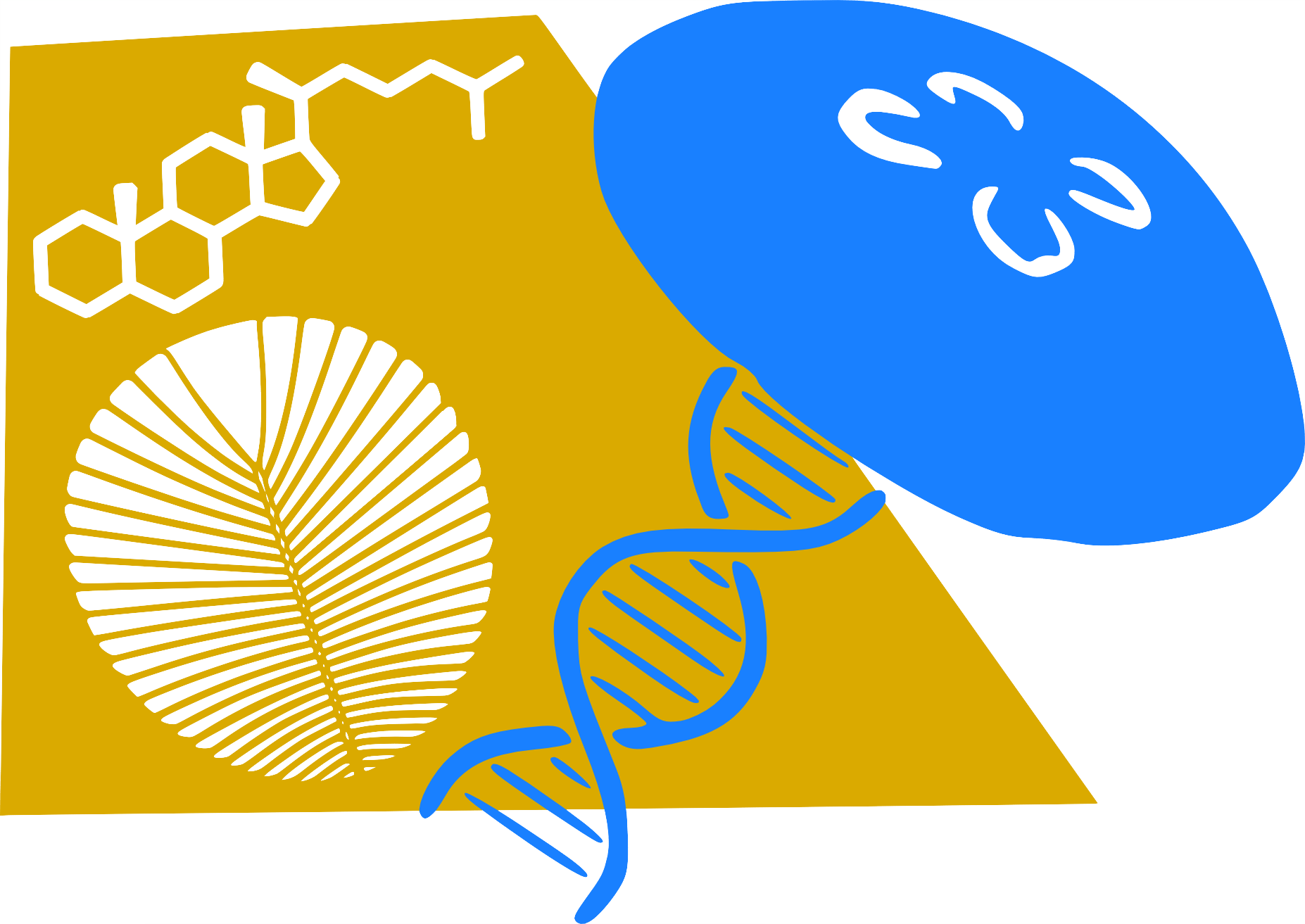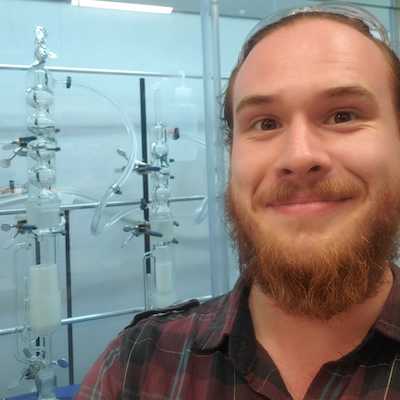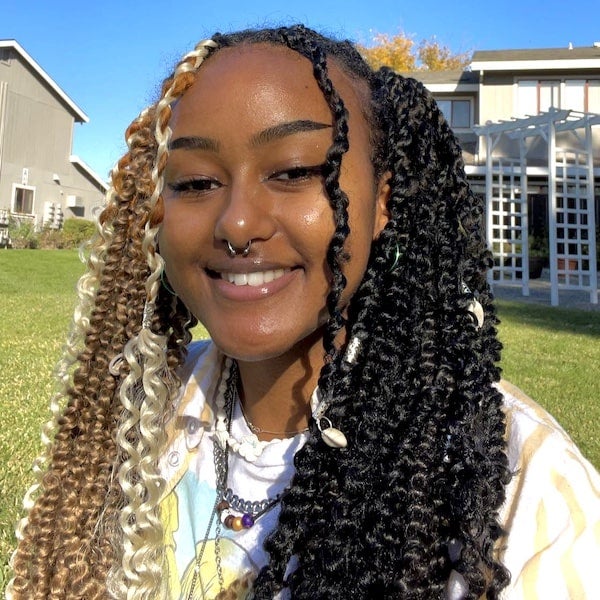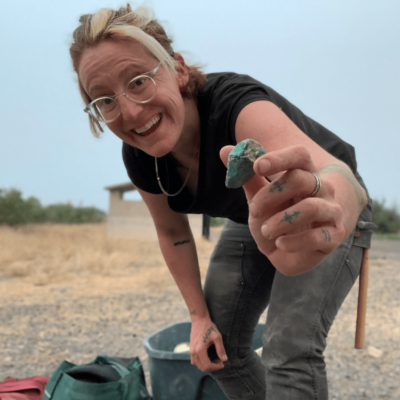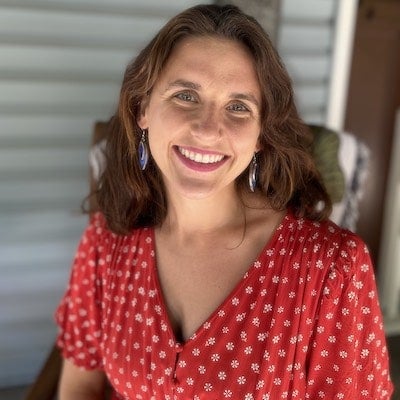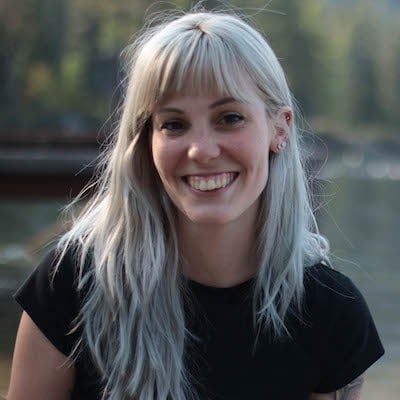Chris Mulligan
Chris (he/him) graduated with a BA in Ecology and Evolutionary Biology from CU Boulder, and he is currently an Earth and Planetary Sciences PhD student here at UC Davis. Chris had a wide range of research experiences before starting grad school – studying honeybee behavioral genetics, helping curate vertebrates at the Denver Museum of Nature and Science, and most recently working as a research assistant on an NSF funded project studying the biosynthesis of unique bacterial lipids used in paleoclimate models. His undergraduate honors thesis took place at CU’s Organic Geochemistry Lab under Dr. Julio Sepúlveda, where he analyzed sediments from a Late Cretaceous floodplain in Madagascar to reconstruct the ecosystem and learn if the dinosaur mass mortality events that […]
Read more